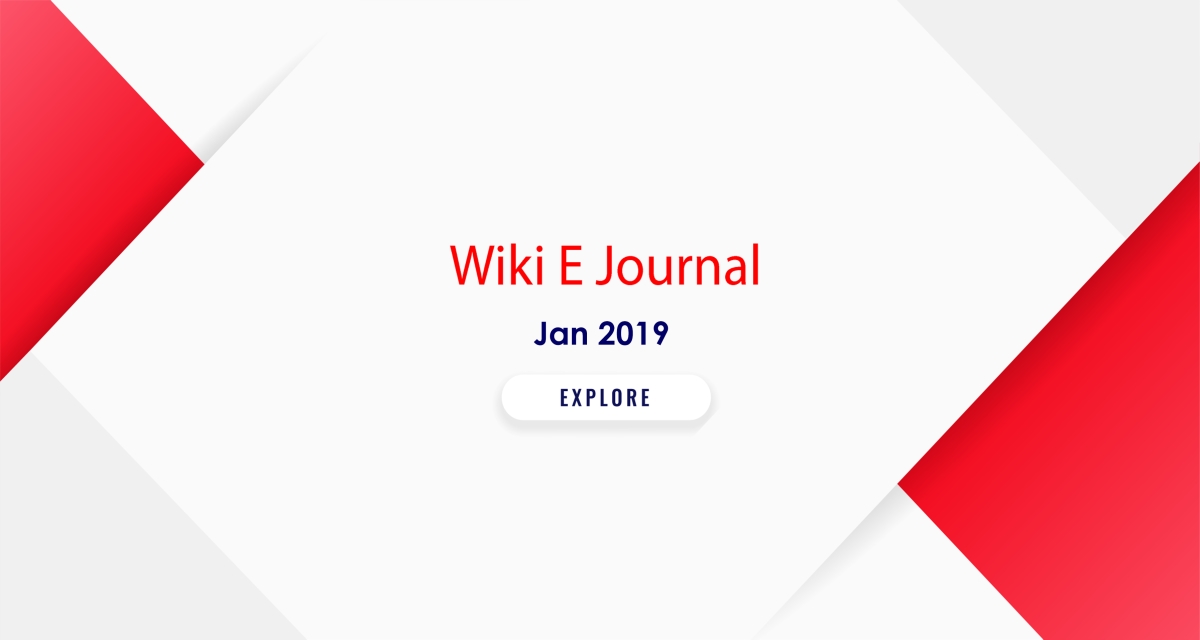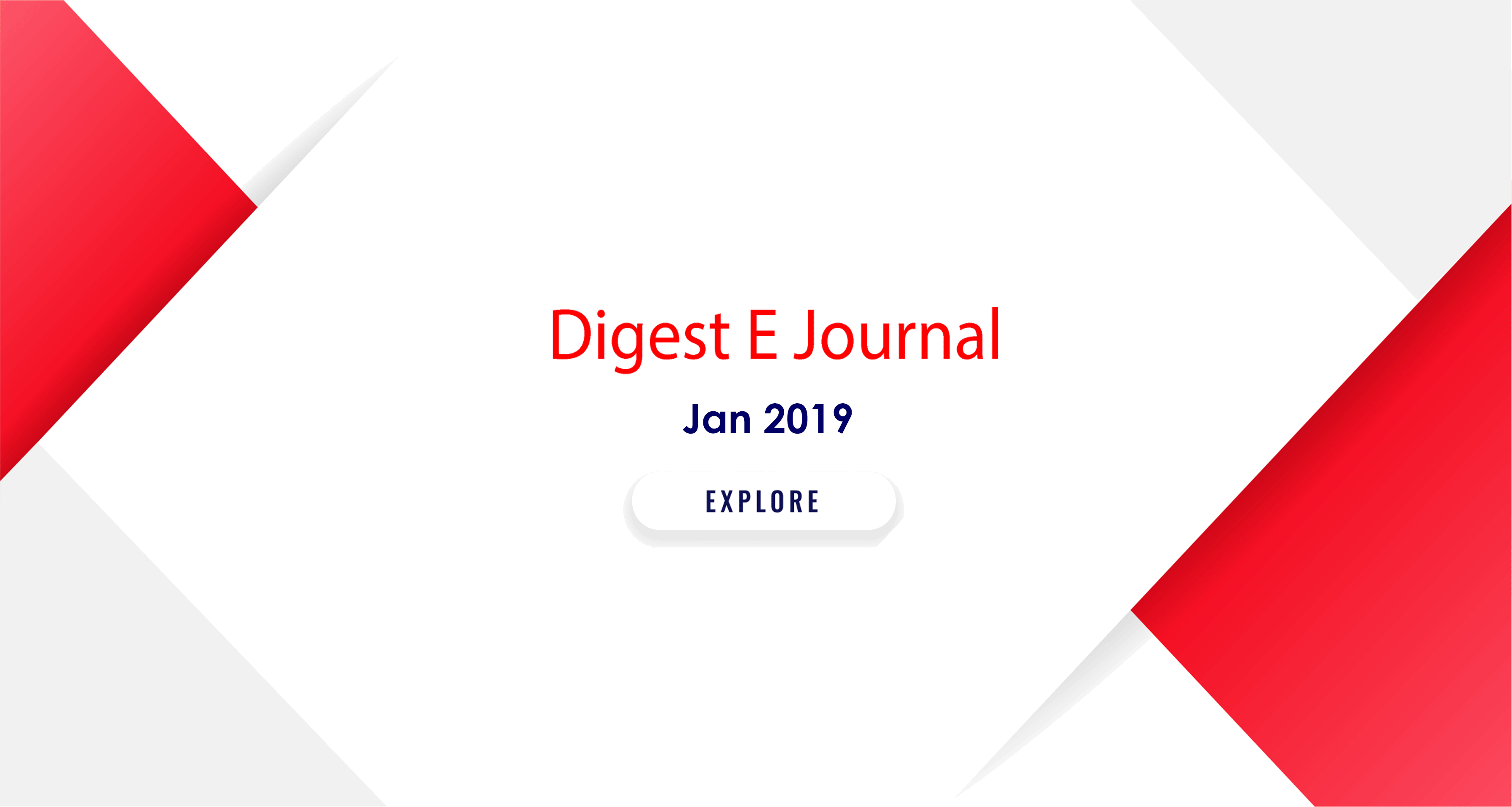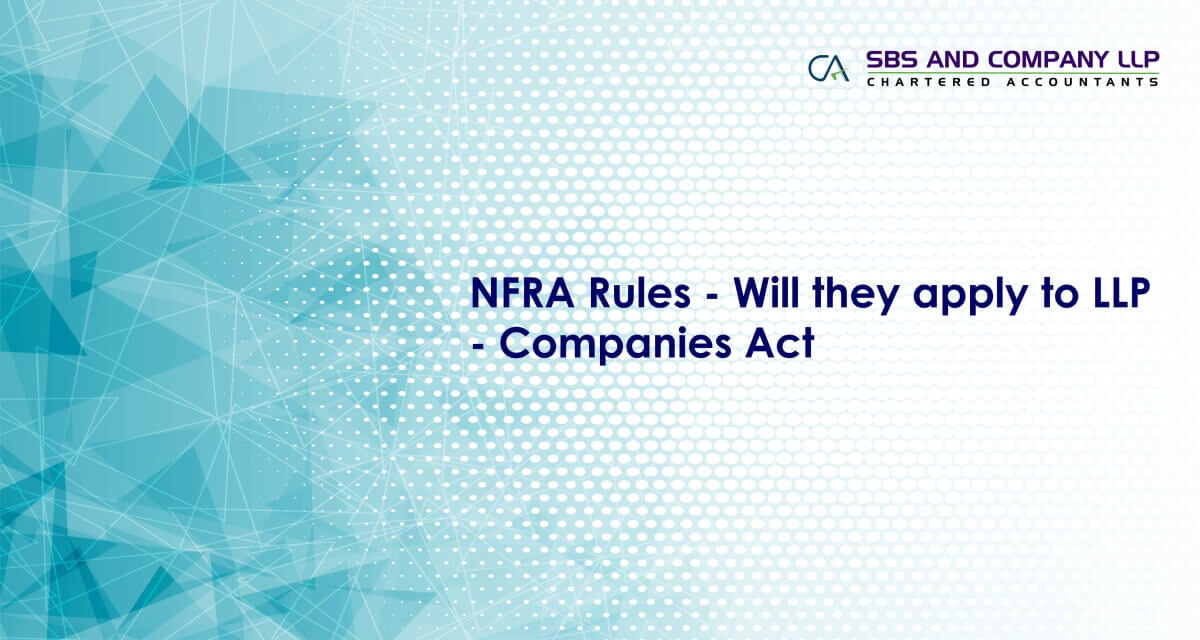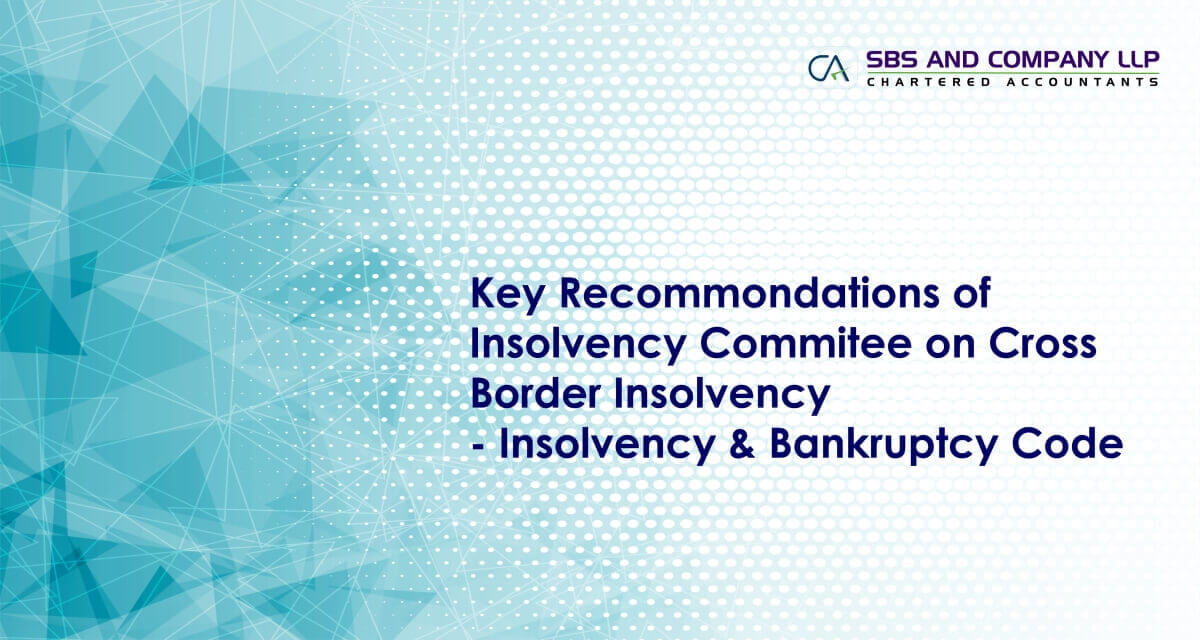In this edition, we bring to you certain important articles. The article on ‘Foreign Portfolio Investors – SEBI and FEMA Perspective’ will throw light on the regulations concerned with investments by personswho are residents outside India, where the investment size is less than 10% of the post issue share capital. The article on ‘Re-Initiation of Proceedings by IO – Validity’ under the Prohibition of Benami Transactions Act deals with analysis of recent High Court judgment of Delhi High Court, wherein the IO is allowed to issue a fresh notice in a situation where the earlier notice was quashed in light of certain technical gaps. The journal also covers an article on ‘TReDS for MSMEs – Treading the path to quick payments’, which is going to make MSME space more vibrant.
The article on ‘Gift of Immovable Property which is not a Capital Asset - Taxability Thereof’ deals with question of chargeability of tax under Section 56 in case where an immovable property is not a capital asset’. The article on ‘Corporate Governance and Role of Internal Audit’ places emphasis on the role of internal audit in improving the corporate governance by companies. The presentation on ‘CGST Amendment (Act) 2018’ deals with the various amendments brought to Central Goods & Services Tax Act, 2017 which is going to be effective from 01.02.2019 subject to notification being issued.








